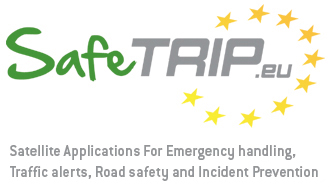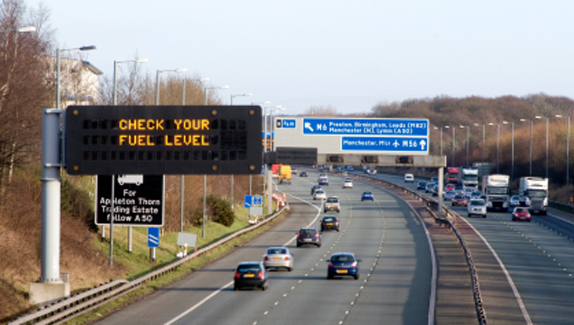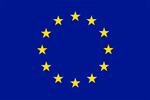

Introduction
User Needs
Environment
Passenger Transport Operators
Environment
Access to Vehicle Information
Access to Environmental Information
Description of Methodology
Others
Safety
Entertainment
Others
Individuals EU-Citizens
Safety
Navigation
Entertainment
Emergency Services
Call Filtering
Information about Heavy/Hazardous Goods
Information about Coach/Bus involved in Incident
Individuals – EU CitizensIndividuals on the European road networks travel in a variety of ways for a diversity of purposes that generate many different needs. They travel in their private cars and as passengers on public transport. They undertake business and leisure trips. For example, in 2007, over 198 million trips were made by private or hired car by holidaymakers in the EU, many of which cross borders. They travel as commuters, on short trips, or on long trips that can last for a day or more. They will have different needs during different seasons that create vastly different road conditions from snow, ice, rain, and heat. They travel from their own country, local traffic regulations, and language to others where they may not have familiarity with not just the local regulations but also signage, disruptions, and contact details for emergency services in languages that they cannot understand. |

There are other kinds of knowledge that drivers wish to have in places with which they are not familiar. One of the most essential services needed by individuals is to plan their route effectively. Beyond the destination point, they wish to know more about accommodation, attractions, petrol stations, and potential disruptions along the way. Outside of the country of origin, language barriers can prevent individuals getting hold of this information in print or radio while on the road. This information, however, needs to be supplied in a way that does not divert too much attention from the road. They may also wish to know about the performance of their vehicle during unfamiliar long-distance travel – for example the gas mileage achieved. Finally, passengers in cars wish to have more entertainment in the form of audio and video at their disposal when travelling.
However, the individual should not be asked to give up too much of their own privacy in order to access this information. They have an expectation that any of this information is held securely. They also expect to have the opportunity to consent, and later to retract their consent, to the general collection and retention of data. Passengers need to know what information is being collected and retained and for what purpose. They also need assurances and undertakings that the agreed uses not be extended – for example by selling data to third parties.

